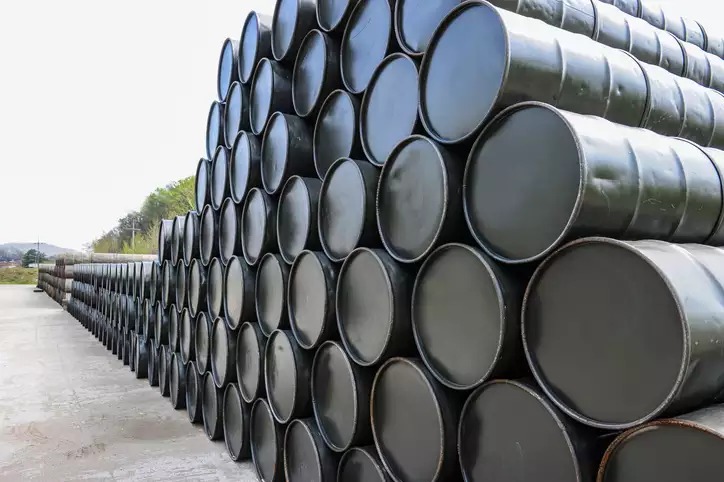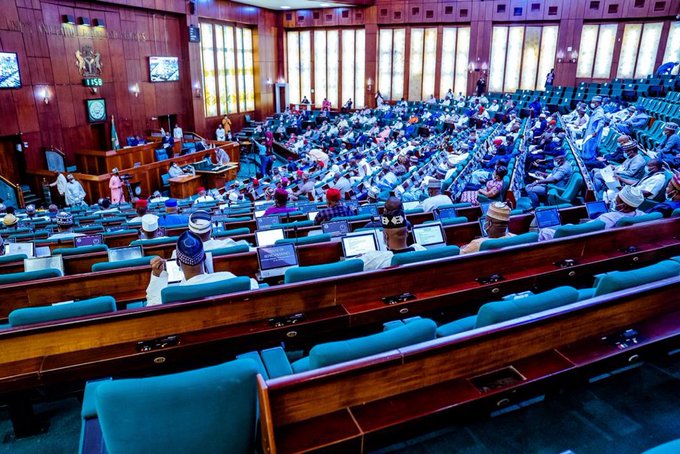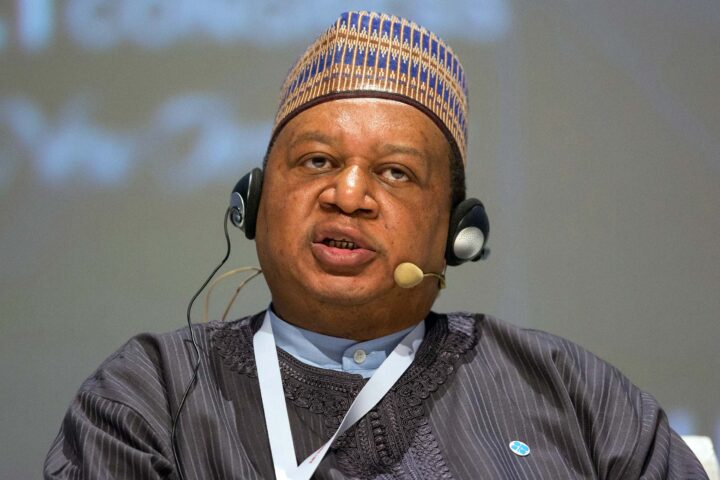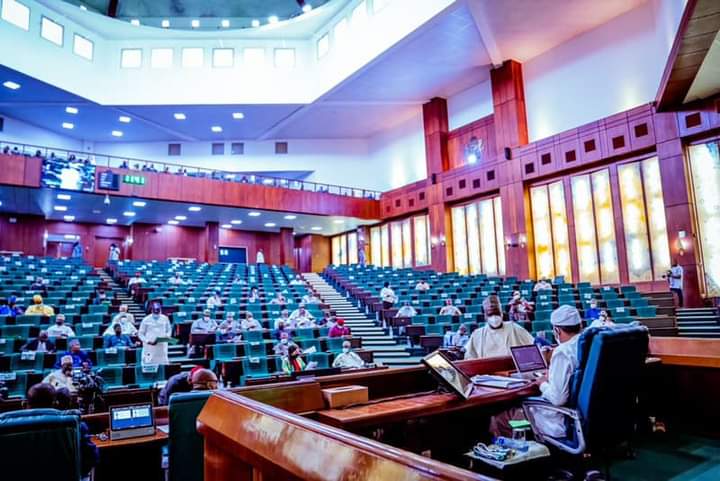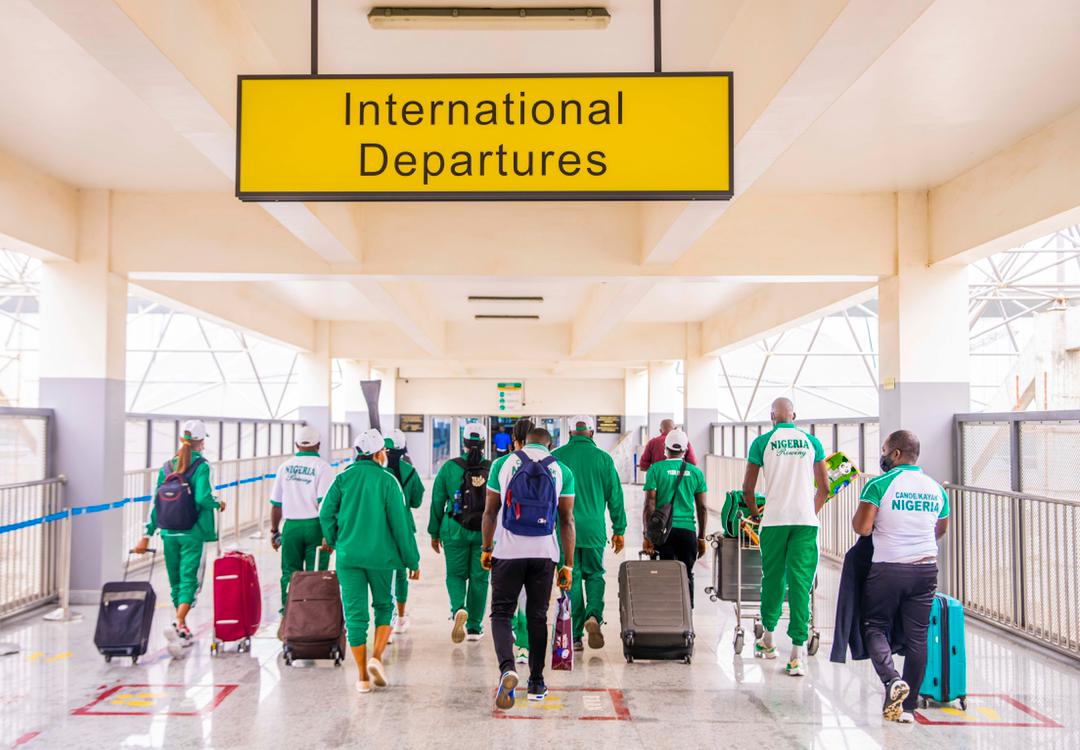Crude oil prices have been on a tear on the back of gradual global recovery and vaccine roll out after it suffered a huge decline globally following the impact of the coronavirus pandemic.
Crude prices surged to multi-year highs on Tuesday with Brent crude climbing 62 cents, to $77.78 a barrel — highest since October 2018. U.S. West Texas Intermediate (WTI) crude futures traded up $1.75, at $76.91 — highest since November 2014.
It, however, still faces a bumpy short-term demand amid concerns that new virus variants may lead to more lockdowns, while vaccine rollouts are slower than expected in some developing economies.
The rally in oil prices should come as a good news for oil producing countries such as Nigeria, that relies on crude oil sales for over 90 percent of its foreign exchange earnings, boost the nation’s revenue needed for the implementation of the 2021 budget — improve crude oil receipts — consequently bolster foreign exchange inflows.
Advertisement
Despite oil prices moving upwards in the last four months, Nigeria still has a crunching forex crisis. So why is the country not reaping the gains of high crude prices?
UNDER RECOVERY (FUEL SUBSIDY) BURDEN
Apart from being Africa’s largest crude producer, Nigeria also has the 10th largest crude reserves in the world. But the absence of functional and optimal refineries has forced the country to expend its revenue on subsidising refined products for citizens.
Advertisement
The prolonged high crude prices will ultimately feed into a climb in petrol’s landing cost — meaning an increase in fuel price or subsidise the product for local consumers — its citizens.
In March, Mele Kyari, general managing director of the Nigerian National Petroleum Corporation (NNPC), had lamented that the agency can no longer bear the burden of underpriced sales of petrol, adding that the market price need to be implemented.
Last week, while speaking at a public consultative forum on the draft 2022-2024 medium-term expenditure framework/ fiscal strategy paper (MTEF/FSP), Zainab Ahmed, minister of finance, budget, and national planning, said subsidy gulps N150 billion monthly from the government purse.
The federal government said it is still negotiating with the Nigerian Labour Congress (NLC) to remove fuel subsidies and lessen the negative impact on the nation’s poor and working class.
Advertisement
OPEC SUPPLY CUTS
Last year, amid the COVID-19 pandemic, OPEC+ agreed to a production cuts to cushion the effect of the price crash. OPEC+ is a group of 24 oil-producing nations, made up of the 14 members of the Organisation of Petroleum Exporting Countries (OPEC), and 10 other non-OPEC members, including Russia.
Nigeria agreed to voluntarily cut its daily crude oil production by 939,000 barrels between January and March.
This means that Nigeria’s daily production supply was pegged at 1.51 million barrels per day between January and March this year.
Advertisement
Nigeria’s 2021 budget is predicated on daily crude oil production of 1.86 million barrels (including 400,000 barrels of condensate) at $40 per barrel.
In April 2020, all parties had agreed to cut daily supply to the global market by 10 million barrels in May and June.
Advertisement
This was subsequently reduced to 8 million barrels per day between July and December 2020.
The 10 million barrels per day cut was scheduled to last for two months; May and June 2020.
Advertisement
The agreement, however, helped Nigeria as a member of OPEC to stay within the ‘comfort zone’ of oil price with minimal spending on under-recovery to be able to meet local demands.
Presently, the bloc is planning to lift output by about 2 million barrels per day (bpd) from August to December 2021. Its planned meeting was called off on Monday as the United Arab Emirates (UAE) criticised a proposed eight-month extension to output restraints. OPEC said a new date will be fixed in due course.
Advertisement
PIPLELINE VANDALISM, CRUDE OIL THEFT DRAG PRODUCTION LEVEL
Despite the production cut, Nigeria has been producing less than 2 million barrels per day (bpd) which significantly affects its oil receipts.
In its Q1 2021 figures, the National Bureau of Statistics (NBS) put oil production at 1.72 million barrels per day, higher than the 1.56 million recorded in the last quarter of 2020.
The output, however, is lower than the average daily production of 2.07mbpd before the coronavirus pandemic. The first-quarter figure is also lower than the production benchmark of 1.86 million barrels per day proposed by President Muhammadu Buhari in the 2021 budget.
According to OPEC latest data, production is said to be lower in the last two weeks, 1.34 million barrels per day in May and 1.43 million barrels per day in April 2021.
Issues such as vandalism, crude oil theft and some offshore issues, including insecurity, regulations and fines, are responsible for the decline.
On Monday, Lai Mohammed, minister of information and culture, said between January 2019 and September 2020, vandals attacked 1,161 pipeline points across the country. He went further to say that the nation spent N60 billion annually to repair vandalised pipelines.
TheCable found out that the country spent N33.5 billion on pipeline repairs in 2020 alone, per NNPC’s monthly financial and operational records.
While the rally in the crude oil market may not have filtered into the external reserves yet as the
market is a futures market. The improved dollar inflows will begin to trickle into the reserves very soon.
Meanwhile, Goldman Sachs, a US investment bank and financial services company, projected that oil prices will rebound to $75 by the third quarter of 2021.
Also a joint committee of ministers from Organisation of the Petroleum Exporting Countries (OPEC) and non-OPEC countries also projected an increase in global crude oil demand by second half (H2) 2021.
If Nigeria does not solve some of its structural problems in the oil and gas sector, the gains from high crude prices may remain elusive.
Add a comment
